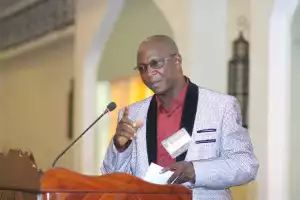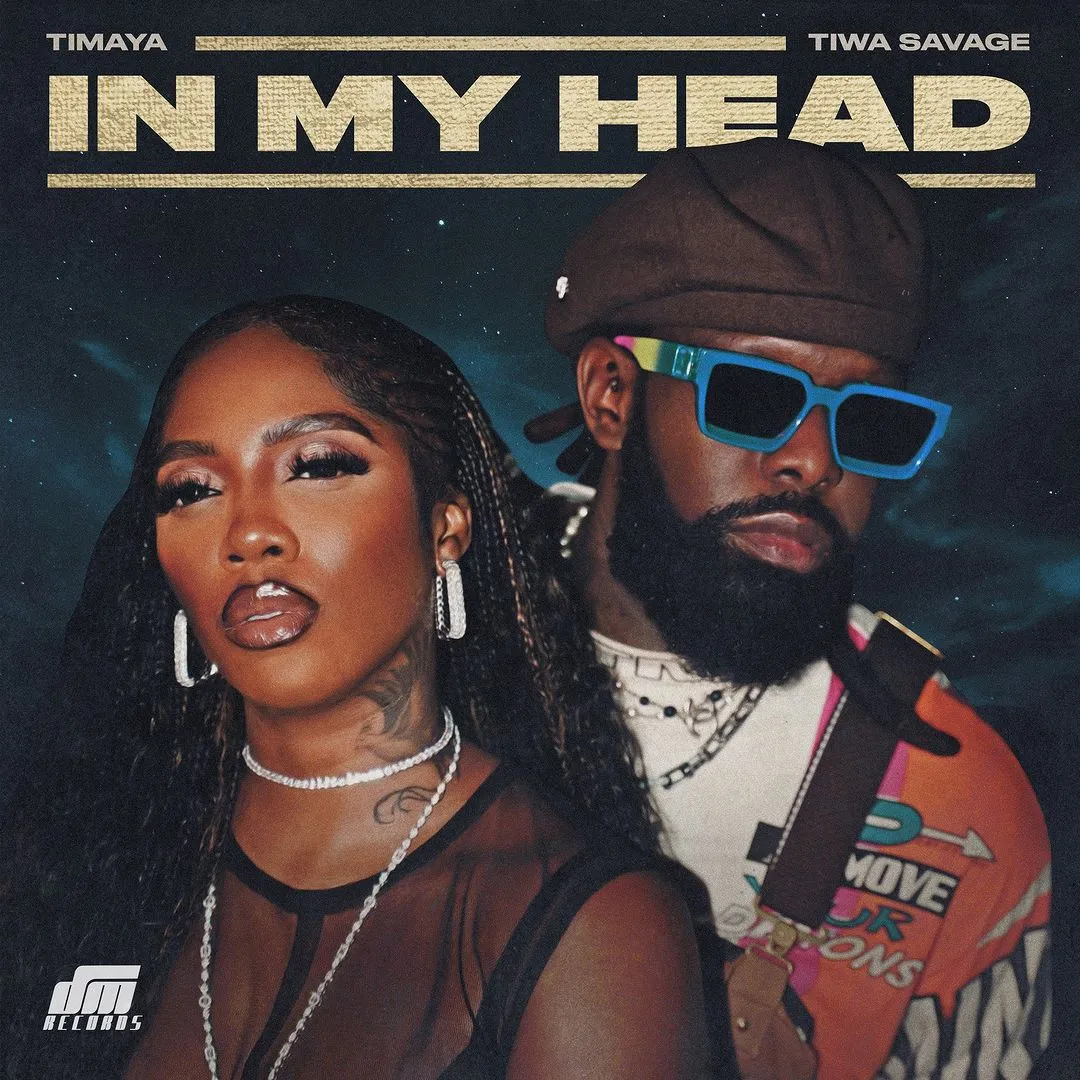See Why Nigerians Should Pay 9% Tax For SMS, Data, MMS

See Why Nigerians Should Pay 9% Tax For SMS, Data, MMS
A proposed service tax on certain electronically supplied services in Nigeria will increase the costs of doing business and make internet access unaffordable for a vast swathe of the population, the Government has been warned.
The Communication Service Tax (CST) Bill 2015, which is currently moving through the National Assembly, would add a nine percent tax to payments for voice, data, SMS, MMS, and pay-TV services. Service providers will be responsible for collecting the service tax from consumers and passing it on to the Federal Inland Revenue Service (FIRS).
Under the proposal, services providers would be required to submit a service tax return and pay any tax due by the end of the month subsequent to the one in which they collected the tax from consumers. Companies will face a penalty of NGN50,000 (USD154) for failure to file a service tax return by the due date, with an additional daily penalty of NGN10,000 for each day the return is outstanding. In addition, late payments will be subject to monthly interest of 150 percent of the average interest rate charged by banks.
With the Government highly dependent on revenue from oil, the service tax will help to diversify its revenue base and the NGN240bn in annual revenue it expects to collect from the new tax would also help its deficit reduction efforts.
However, critics argue that the additional revenues will come at a price, making Nigeria's tax system more complex, increasing businesses' compliance costs and driving up prices for consumers.
"The focus instead, should be on stimulating the economy and ensuring that the tax system is efficient by widening the tax net and creating an effective framework for tax compliance," PwC Nigeria said in a briefing on the tax.
Opponents of the service tax also point out that the proposal will add to the already considerable tax burden faced by businesses and consumers in the IT and telecommunications sector, who are already subject to a five percent value-added tax and 12 percent import tax on electronic devices, and a 20 percent tax on mobile telephone SIM cards.
It is also feared that the tax would severally hamper the Government's broadband internet roll-out plans.
According to the Alliance for Affordable Internet (A4AI), the tax would result in a broadband connection being unaffordable for 10 percent of the Nigerian population, or for nearly 20 million people.
"Nigeria is far behind the more developed countries of the world when it comes to broadband use, and the introduction of the CST will only widen this gap," said Dr Ernest Ndukwe, National Coordinator for the A4AI-Nigeria Coalition.
"The National Assembly must reconsider the passage of the CST and its impact on the development of broadband in Nigeria," he said. "After such a review, if the introduction of a CST is deemed an absolute necessity, it must consider a lower tax rate than nine percent, one that would enable it to achieve fiscal revenue targets without undermining broadband affordability and access."
Nigeria aims to achieve 30 percent broadband penetration by December 2018. However, the A4AI believes the Government will fall well short of this target if it persists with the CST.








![Becky and Badette (2023) [Filipino]](https://www.memesng.com/r/storage.waploaded.com/images/98e7ab0343c05165bf199578a2dc9bef.jpg?w=50&ulb=true&ssl=1)
![Klaus & Barroso (2024) [Romanian]](https://www.memesng.com/r/storage.waploaded.com/images/7f2a51b1806d79b4d4c181776f3a2e4c.jpg?w=50&ulb=true&ssl=1)
![Ghostbusters Frozen Empire (2024) [WEB-DL CAM AUDIO]](https://www.memesng.com/r/storage.waploaded.com/images/8c4a49d9376e2d3622d5e02ecfdba881.jpg?w=50&ulb=true&ssl=1)






![Manchester City vs Real Madrid 1 - 1 [PEN 3-4] (Champions League 2024 Goals & Highlights)](https://www.memesng.com/r/storage.waploaded.com/images/f0ba2658c0accea541b0e8939d8edf88.jpg?w=50&ulb=true&ssl=1)




![The Grimm Variations (2024) [Japanese] (TV series)](https://www.memesng.com/r/storage.waploaded.com/images/eced16766a0417c25f663bf4adb0f349.jpg?w=50&ulb=true&ssl=1)
![Sword and Fairy 1 (2024) [Chinese] (TV series)](https://www.memesng.com/r/storage.waploaded.com/images/674302e9e9b6ff353fc11d3dd380c03f.jpg?w=50&ulb=true&ssl=1)
![Live Surgery Room (2024) [Chinese] (TV series)](https://www.memesng.com/r/storage.waploaded.com/images/2cb04ff4b825ec2f4128646f44ae0035.jpg?w=50&ulb=true&ssl=1)
![Hard to Find (2024) [Chinese] (TV series)](https://www.memesng.com/r/storage.waploaded.com/images/cbbaa0d3ae912198b992a53af30d2361.jpg?w=50&ulb=true&ssl=1)

{{comment.anon_name ?? comment.full_name}}
{{timeAgo(comment.date_added)}}
{{comment.body}}
{{subComment.anon_name ?? subComment.full_name}}
{{timeAgo(subComment.date_added)}}
{{subComment.body}}